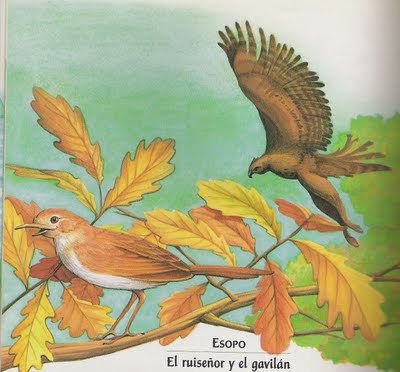DIALOGUE ON ARUBA
Script
J: Welcome
to Aruba, my name is Jenny and today I’m going to be your tourist guide.
T: Hi Jenny, nice to meet you, we
are T & D. We would like to know what
tourist sites are here in Aruba.
J: Of course, I am very excited to
share this experience with you both. Well Aruba has three popular areas:
They are the wilderness, Baby Beach, and Palm Beach.
In the wilderness you can find everything from animals
to exotic plants and trees, all continuing to the Caribbean shore. This area has everything to guarantee an enthralling
vacation.
T. Great. What
are some of the water activities you can do on the island?
J: On Baby beach you can enjoy snorkeling, boating,
fishing, and more. The water is very fresh
and clean and therefore ideal for swimmers. There is a lot of fun to be had on
this beach.
D: I am in love with nature and love looking at beautiful
landscapes. Can you tell me about some
special sites where I can do this?
J: Aruba has a beach that you will surely love called
Palm Beach. It is the most beautiful
gift from God on Earth.
D: Are there any hotels that we can stay at near Palm
Beach?
J: There are various five star and seven star hotels that
are located beach side as well as others more inland. You can see the list on
this brochure.
T: It sounds interesting. What kind of food will we be
able to find?
J: there is also a great variety of dishes, especially
for see food.
D: I love see food, I cannot wait to start this
adventure.
J: well, let’s start tomorrow Morning. Choose your
hotel and let me know what time you want us to meet.
T: Perfect. See you tomorrow at 8: 00 am.



